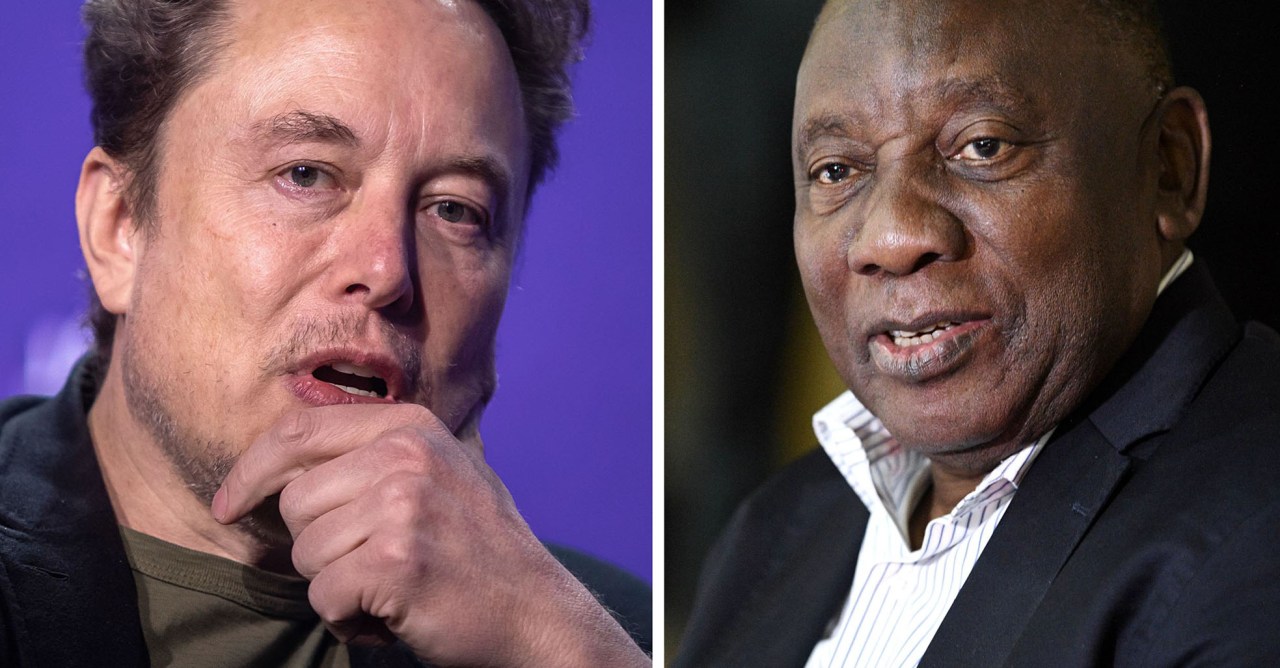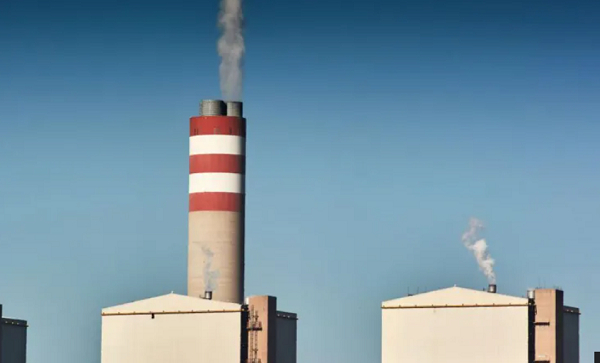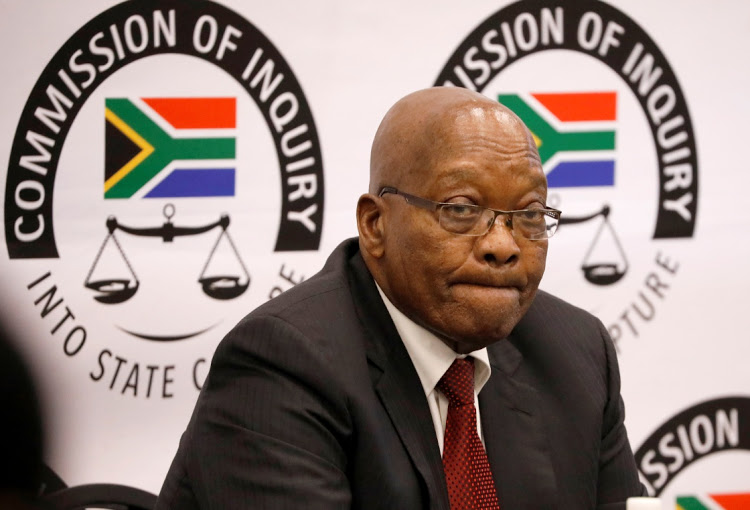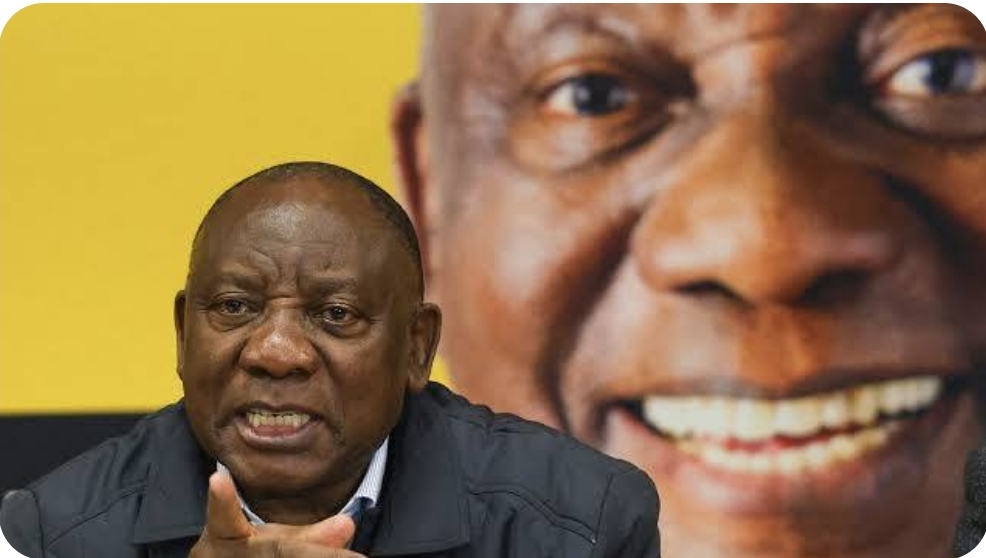After the Bell: Ramaphosa and Elon Musk meet. Sad!

What would you guess the world’s richest man, Elon Musk, and President Cyril Ramaphosa discussed when they met briefly in New York this week? We don’t know, but honestly, I can’t imagine a conversation between two people more at cross purposes.
I presume Ramaphosa made one or all of the following pitches:
- Invest in SA because we have lots of raw materials you need for everything from your rockets to your electric cars.
- Invest in SA because after all you were born in the country and it would be nice.
- Invest in SA because we are heading in the right direction economically, just talk to my friend, Trade and Industry Minister Parks Tau, next to me here.
- We would really like it if we could come to an agreement about Starlink because we look like backwards tech idiots since every country in southern Africa has licensed the satellite internet system except us.
What does Musk say in response? Presumably, he says, wonderful to meet you, fabulous meeting, talk to my people – I need to go and launch a rocket.
He must have been so vague because if they had agreed on any specific investment project, they would have announced it. It’s noteworthy that Musk also met Namibian President Nangolo Mbumba and Lesotho’s Prime Minister Sam Matekane. Clearly, there was a greeting line.
It is early days and the fact that Musk and Ramaphosa met is better than not meeting. Something could still eventuate (and let’s hope it does), but that doesn’t mean they overcame their stand-off.
Take Starlink for example. If you consider the digital gap to be a problem, which it obviously is, Starlink could provide at least a partial solution. It’s ideally suited as an internet distribution mechanism on the African continent where so many people live far apart and are generally poor.
What you need in these circumstances is a system that is relatively cheap and has efficient, broad distribution. Starlink is a bit more expensive than broadband fibre cable, but providing fibre links to cover all South Africans would be prohibitively expensive which is why broadband is focused principally in urban areas.
As for cost, the comparison is ridiculous. Starlink residential costs $120 per month with uncapped data (just over R2,000). It is possible for rural residents to get internet on their smartphones should they own them (most do), but it’s wildly beyond the budgets of most South Africans.
Cellphone data costs around R120 per gig which means you would get just over 17 gigs at the same rate for unlimited access on Starlink. The difference is so stark, it makes you suspicious about the real reason we don’t have Starlink. It’s worth asking whether the cellphone industry is quietly discouraging the SA government from licensing Starlink to protect its lucrative data oligopoly.
Whatever the case, the latest census finds that only 14% of SA’s households have internet at home. In the mostly rural provinces of Mpumalanga and Limpopo that figure drops to 3.1% and 4.5% respectively, which in the modern day is verging on the ridiculous. So much for our Fourth Industrial Revolution.
BEE
But the primary reason that Starlink is not available in SA has, I suspect, to do with black economic empowerment. Given Musk’s right-wing lurch, I suspect he is less than inclined to give away 25% of his equity in the local company. The Communications Department is consequently in a fix because until now, cellphone licences came with huge BEE stipulations. Would it be fair to grant Musk a free pass when the other licensees got stung with the full gamut of SA’s BEE burden?
Musk would argue, I presume, that if you want tech innovation, you need to make allowances – particularly if the population in general is going to benefit so handsomely. A whole bunch of international tech companies like Google and Microsoft operate in SA, and they aren’t required to hand over a quarter of their equity, even though they strip billions out of the country every year. SA does that because a) when it comes to some aspects of global tech, your bargaining power is limited and b) because broadly, the country as a whole benefits.
When it comes to the other pitch points, the same kind of arguments apply. SA’s government has been saying it’s on the right track economically for decades now, but transparently isn’t. It has also been saying for yonks that it’s concentrating on ease of doing business, but transparently hasn’t. And it has been saying it encourages foreign investment in natural resources, but transparently doesn’t.
So Musk could have a reason to meet and greet and move on.
But you know, Ramaphosa could also have reason to shake and move on too. Musk is now firmly in the Donald Trump camp; his public persona is odious and his handling of X has been disastrous. He is so rich, he’s impervious to well-intentioned, sensible advice, and unable to muster it himself. And I say this as a (former) fan!
Most people would struggle to run a single multibillion-dollar company; Musk runs five. Most people would be satisfied with revolutionising a global industry; Musk has revolutionised three, with two more unfolding.
This is all very impressive but in the best of all worlds, what investment would mean for Ramaphosa – and SA – would be a very US-centric, unmanageable partner with an unpleasant predilection for infantile hysteria and verging-on-racist conspiracy theories.
On reflection, he too could shake, smile … and wave.
Source: DM





